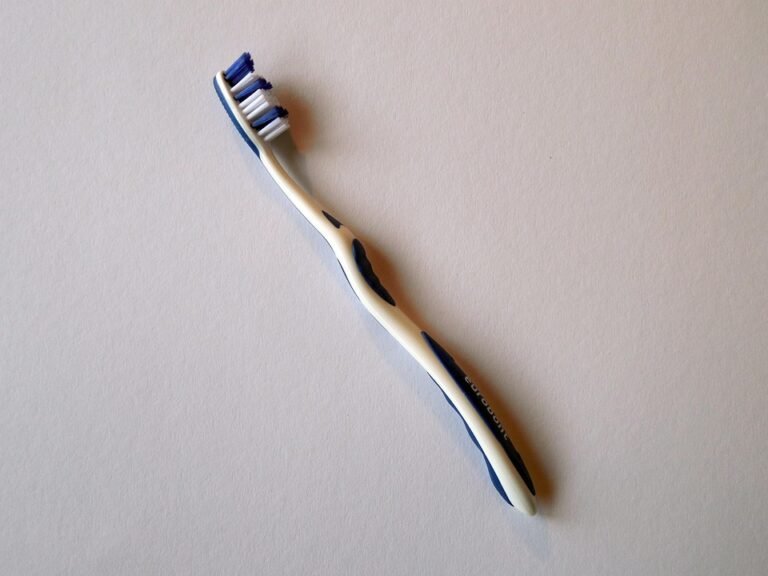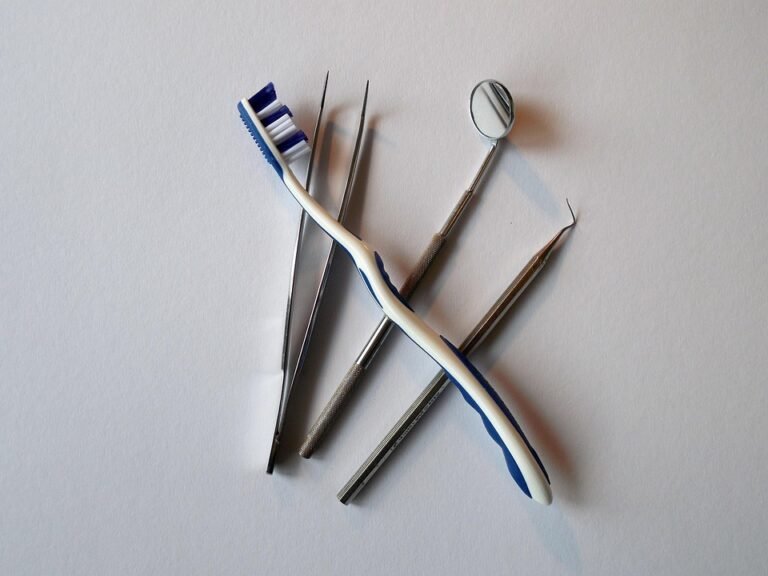What questions should I ask my dentist during a consultation
Okay, so I’m finally taking the plunge and scheduling a consultation with a new dentist. I haven’t been to the dentist in…well, let’s just say it’s been a while. I want to make sure I’m picking the right dentist for me and that I understand what to expect. I’m especially nervous because I know I probably have a cavity or two, and maybe even some gum issues, considering the gap in visits.
Besides the obvious questions like "Do you accept my insurance?" and "What are your office hours?", what are some really good questions I should ask to get a feel for the dentist’s approach, their expertise, and the overall quality of care I can expect?
I’m particularly interested in questions that would help me understand:
- Their philosophy on preventative care: Do they just focus on fixing problems as they arise, or do they really emphasize preventing them in the first place?
- Their experience with specific procedures: I’m potentially worried about needing a root canal or dealing with gum disease, so I want to know if they have extensive experience in those areas.
- Their communication style: Are they good at explaining things in a way I can understand? Will they take the time to answer my questions thoroughly?
- Their use of technology: Do they use modern technology like digital x-rays or intraoral cameras, and how does that benefit me?
- Cost transparency: Beyond insurance, how will they discuss potential costs upfront, especially for more complex procedures?
Basically, I want to be as informed as possible before I commit to becoming a regular patient. Any advice on specific, insightful questions I can ask would be greatly appreciated! Thanks!
Answer
During a dental consultation, it’s crucial to ask questions that address your specific concerns, understand your treatment options, and build trust with your dentist. The more informed you are, the better you can participate in decisions about your oral health. Here are some detailed questions to consider, categorized for clarity:
I. Understanding Your Oral Health & Diagnosis:
- What is the overall state of my oral health? This is a broad question that allows the dentist to provide a comprehensive overview of your teeth, gums, and surrounding tissues.
- Are there any areas of concern you see in my mouth? If so, what are they? This question prompts the dentist to identify specific problems like cavities, gum disease, enamel erosion, or signs of oral cancer.
- Can you show me on the X-rays/images what you’re seeing? Visual aids are incredibly helpful for understanding the dentist’s assessment.
- What are the possible causes of [specific problem identified]? Understanding the root cause can help you prevent future issues. For example, if you have enamel erosion, ask about the role of diet, grinding, or acid reflux.
- What are the potential risks of not treating this condition? Understanding the consequences of inaction is critical for informed decision-making.
- Are there any non-invasive or less aggressive treatment options I could try first? Explore conservative approaches before committing to more extensive procedures.
- Do you see any signs of teeth grinding (bruxism) or clenching? If so, what do you recommend? Bruxism can lead to various dental problems, and early detection is key.
- How does my current oral hygiene routine affect my dental health? What improvements do you suggest? A personalized oral hygiene plan is essential.
- Are there any signs of oral cancer or precancerous lesions? Early detection of oral cancer is crucial for successful treatment.
- Is my bite aligned correctly? If not, what are the potential consequences, and what are the treatment options? Malocclusion can lead to jaw pain, headaches, and teeth wear.
II. Treatment Options & Procedures:
- What treatment options are available for [specific condition]? This is crucial for understanding the range of possibilities.
- Can you explain each treatment option in detail, including the pros, cons, and potential risks and complications? Understanding the trade-offs of each option is essential.
- Which treatment option do you recommend for me, and why? This reveals the dentist’s preferred approach and the rationale behind it.
- What is the success rate of this treatment option? Knowing the likelihood of success can help you make an informed decision.
- How long will the treatment take to complete? Understanding the timeline helps you plan accordingly.
- Will I experience any pain or discomfort during or after the procedure? If so, how will it be managed? Pain management is a critical aspect of dental care.
- What type of anesthesia will be used, and what are the risks associated with it? Understand the options for anesthesia and their potential side effects.
- What are the post-operative care instructions? Proper aftercare is essential for successful healing.
- Are there any alternative materials available for fillings, crowns, or other restorations? If so, what are the pros and cons of each? Material choices can impact aesthetics, durability, and biocompatibility.
- What are the long-term maintenance requirements for the recommended treatment? Understanding the ongoing care needed helps you plan for the future.
- What is the expected lifespan of the proposed treatment (e.g., filling, crown, implant)? Knowing the longevity of the treatment helps you assess its value.
- Can you show me examples of your work (before and after photos) for similar cases? This can provide confidence in the dentist’s skills and aesthetic sense.
III. Costs & Payment Options:
- What is the total cost of the treatment, including all fees (e.g., consultation, X-rays, materials, lab fees)? Obtain a detailed cost breakdown upfront.
- Does my dental insurance cover this treatment? If so, how much will my insurance cover? Understanding your insurance coverage is essential.
- Do you offer payment plans or financing options? Explore options for managing the cost of treatment.
- What is the policy if the treatment needs to be adjusted or redone in the future? Understand the warranty or guarantee provided.
- Do you offer a discount for paying in cash or upfront? Some offices may offer discounts for certain payment methods.
IV. Dentist’s Experience & Credentials:
- What are your qualifications and experience in performing this specific procedure? Understanding the dentist’s expertise is crucial.
- Are you a specialist in a particular area of dentistry? If you have a complex issue, seeing a specialist may be beneficial.
- Do you attend continuing education courses to stay up-to-date on the latest advancements in dentistry? This demonstrates a commitment to providing the best possible care.
- Are you a member of any professional dental organizations? Membership in reputable organizations can indicate a commitment to ethical and professional standards.
- How long have you been practicing dentistry? Experience can be a valuable asset.
V. Office Policies & Logistics:
- What are your office hours and appointment scheduling policies? Knowing the office’s availability is important for convenient scheduling.
- What is your policy on emergency dental care? Knowing how the office handles emergencies provides peace of mind.
- What is your cancellation policy? Understanding the cancellation policy can help you avoid fees.
- What infection control procedures do you follow to ensure patient safety? Ensuring a clean and safe environment is paramount.
- Do you offer teledentistry or virtual consultations? This can be a convenient option for some patients.
VI. General Questions & Comfort Level:
- What is your philosophy of dental care? Understanding the dentist’s approach can help you determine if it aligns with your values.
- Can you explain things in a way that I can easily understand? Clear communication is essential for building trust.
- What steps do you take to make patients feel comfortable and relaxed during treatment? Addressing anxiety is important for a positive experience.
- Who should I contact if I have questions or concerns after my appointment? Knowing who to reach out to can provide reassurance.
Important Considerations:
- Prioritize your questions: Prepare a list of your most important questions beforehand to ensure they are addressed.
- Take notes: Jot down the dentist’s answers so you can refer to them later.
- Don’t be afraid to ask for clarification: If you don’t understand something, ask the dentist to explain it in simpler terms.
- Trust your gut: Choose a dentist you feel comfortable with and who answers your questions thoroughly and honestly.
- Consider a second opinion: If you are unsure about a recommended treatment, seeking a second opinion from another dentist is always a good idea.
- Research the dentist and practice beforehand: Check online reviews and the dentist’s credentials before your appointment.
- Be honest about your dental history, medical conditions, and any medications you are taking: This information is crucial for safe and effective treatment.
By asking these detailed questions, you can gain a comprehensive understanding of your oral health, treatment options, and the dentist’s expertise. This will empower you to make informed decisions and achieve optimal dental health.






